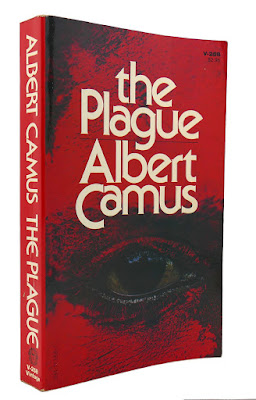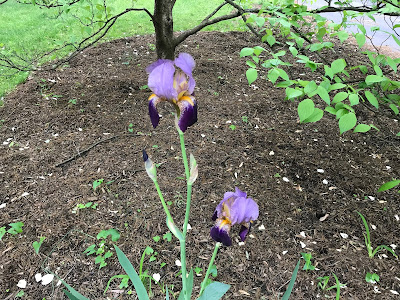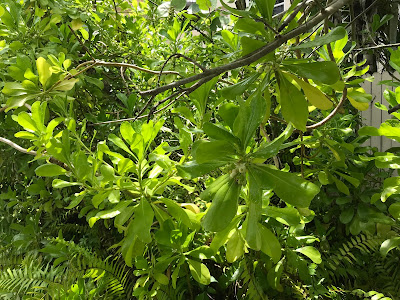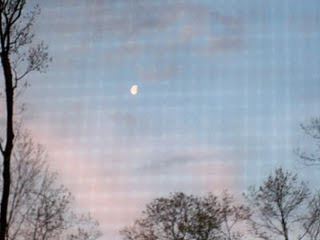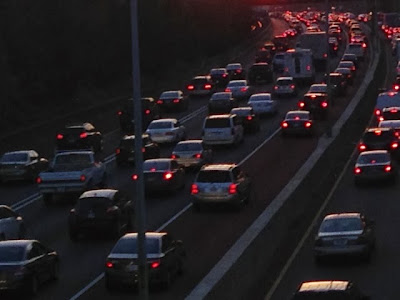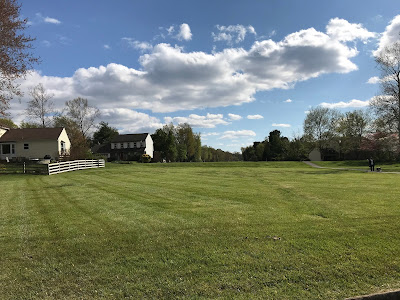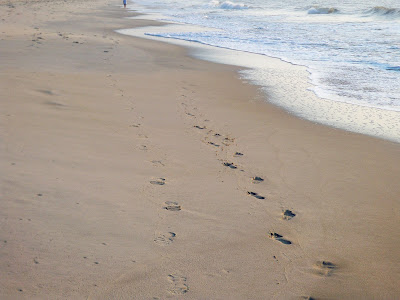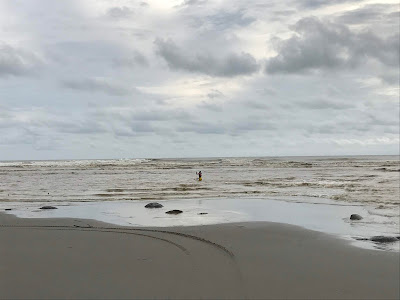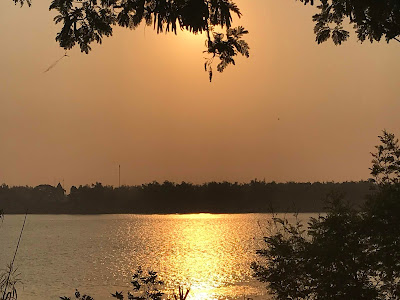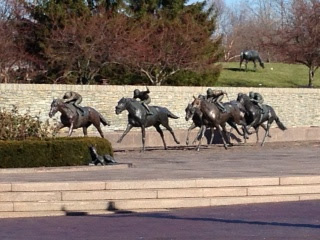Once we went into lockdown in March, the battered old copy I have of Albert Camus’s The Plague was much on my mind. Part of me wanted to re-read it. I’d always liked the book, ever since I read it in college and taught it in high school. I thought it was profound — and that was before we were in a worldwide pandemic. But another part of me wondered, why do I want to read a book about a plague when I’m living through one?
The glutton-for-punishment part of me won out. I re-read the book — and am glad I did, even though cracking the volume open and turning pages guaranteed its destruction. When I began reading, my copy was hanging together not by a thread but by some errant glue that had not yet dried and flaked away. After I finished, the book was essentially a sheaf of loose-leaf pages. But that was okay; killing a book by reading it seems an outcome that an existentialist like Camus would have appreciated.
But beyond the mechanics of reading — the gentle way I had to handle the paperback, as if holding the hand of a dying victim — there was the content, which was both comforting and illuminating. Yes, we are suffering from a devastating coronavirus. But it’s at least not the bubonic plague. There are no buboes to lance, no dying rats to herald the crisis.
There were passages that could have been written yesterday, so clearly did they plumb the human heart in a time of mass contagion and illness. “There have been as many plagues as wars in history; yet plagues and wars take people equally by surprise,” Camus wrote, at the beginning of the novel. And, toward the end, he said this: “Whereas plague by its impartial ministrations should have promoted equality among our townsfolk, it now had the opposite effect and … exacerbated the sense of injustice.”
And then, there is this passage at the end, which I
noted a few months ago and will always give me shivers: “He [Dr. Rieux] knew what those jubilant crowds did not know but could have learned from books: that the plague bacillus never dies or disappears for good; that it can lie dormant for years and years in furniture and linen-chests; that it bides its time in bedroom cellars, trunks and bookshelves; and that perhaps the day would come when, for the bane and the enlightening of men, it would rouse up its rats again and send them forth to die in a happy city.”
